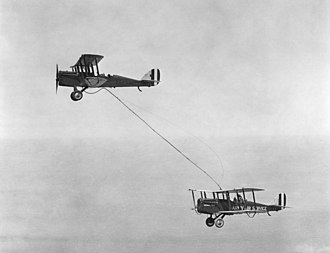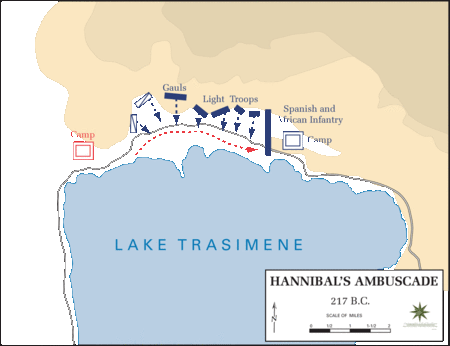 We all know about “Potemkin Villages” and we may even be aware that they were originally facades erected on the banks of the Dnieper River by Prince Grigory Potemkin to fool Catherine the Great into thinking Russia’s new southern territories that he governed absolutely and ruthlessly were prosperous and happy. So of course he had a battleship named after him. Which revolted on June 27, 1905, leading to a Potemkin movie about the Russian Revolution’s antecedents.
We all know about “Potemkin Villages” and we may even be aware that they were originally facades erected on the banks of the Dnieper River by Prince Grigory Potemkin to fool Catherine the Great into thinking Russia’s new southern territories that he governed absolutely and ruthlessly were prosperous and happy. So of course he had a battleship named after him. Which revolted on June 27, 1905, leading to a Potemkin movie about the Russian Revolution’s antecedents.
Potemkin himself was quite the “chancer,” to use a British phrase. A mid-ranking nobleman by birth, he helped Catherine seize power in 1762, became her lover despite being 10 years younger, kept her friendship after leaving her boudoir, and was a successful military leader including in the second Russo-Turkish War, an effective ruler in the Russian sense of that term, a successful builder and a successful hedonist. After a fashion: Early in his fatal illness while on campaign, he felt sufficiently better to eat a ham, a goose and several chickens. Despite or due to which, he died at 52 of pneumonia, poison or both. But I digress.
The point is, by Russian standards he was a reasonably admirable political figure and the pre-dreadnought battleship was by Russian standards a pretty good vessel that performed fairly well in World War II. Never mind the oil fire that forced conversion of all her boilers to coal. But it is still revealing that his lasting claim to fame was for fakery (despite revisionist efforts to say his villages were demonstrations of future posterity not facsimiles of it in the present), his rise was the result of adroit maneuvering vertical and horizontal rather than anything resembling a stand on principle, and his enduring success due to his increasing the power of absolutism rather than checking it.
As for the revolt on Potemkin, triggered by loathsome food and brutal discipline, it rapidly turned bloody and pathetic. And while Eisenstein was a genius, his 1925 film is not merely laboured by modern standards, it is deliberate falsification especially of the role of the Bolsheviks in the mutiny.
I think even the real Potemkin deserved better.

 On this date in 217 B.C., June 24, Hannibal Barca inflicted a crushing defeat on the Romans at the Battle of Lake Trasimene in central Italy. Along with his subsequent annihilation of an entire Roman army at Cannae, eight legions, between 48,000 and 70,000 men, it crushed Rome decisively.
On this date in 217 B.C., June 24, Hannibal Barca inflicted a crushing defeat on the Romans at the Battle of Lake Trasimene in central Italy. Along with his subsequent annihilation of an entire Roman army at Cannae, eight legions, between 48,000 and 70,000 men, it crushed Rome decisively.


